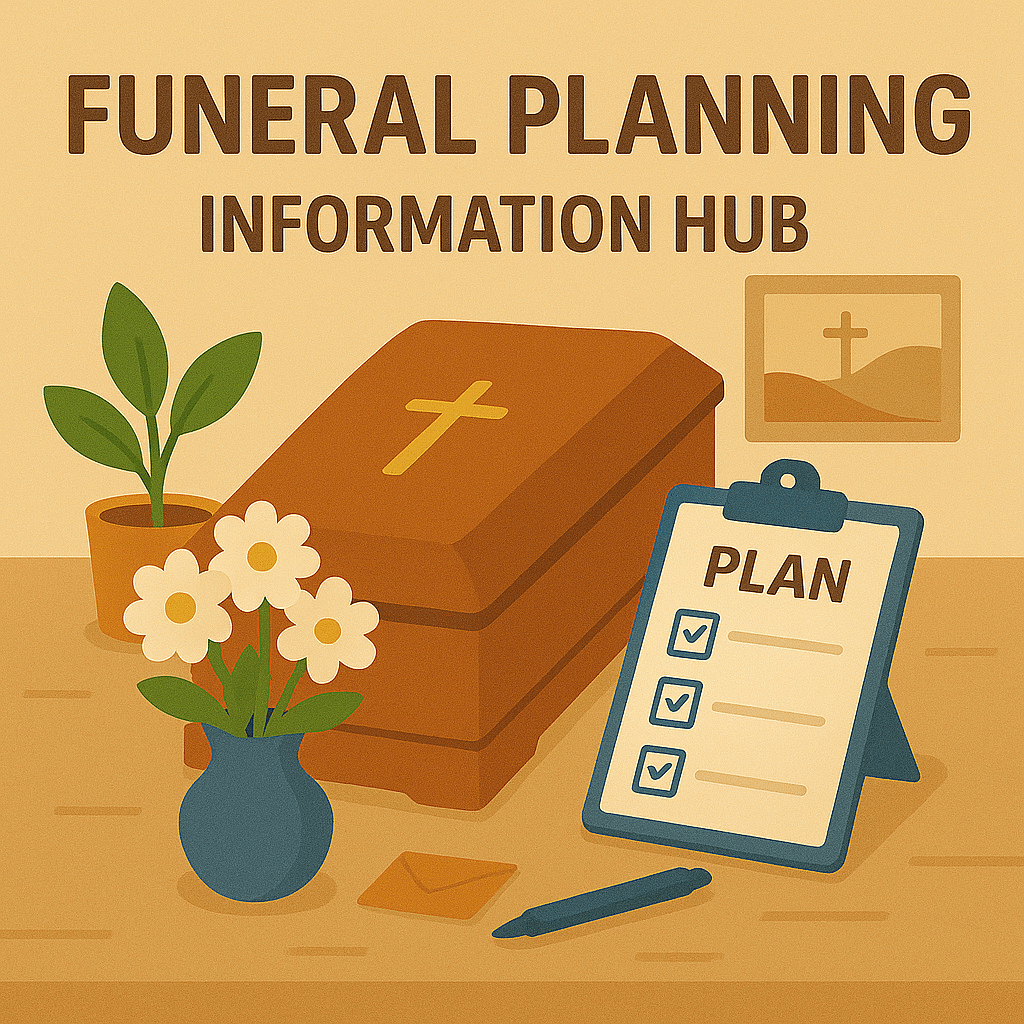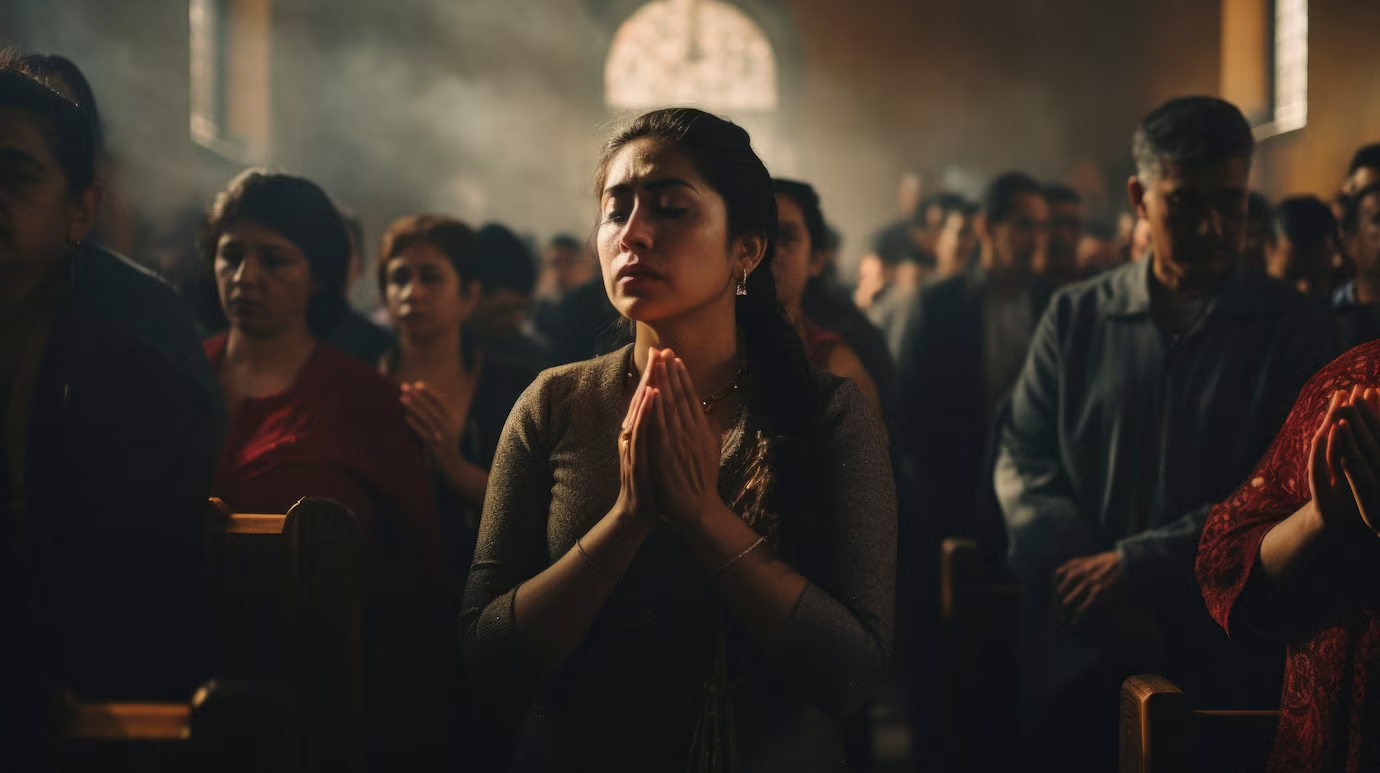Plan a meaningful goodbye.
Funeral Planning Information Hub
Funeral planning gives you the opportunity to make thoughtful choices about how you want to be remembered, whether you’re planning ahead or navigating a recent loss.

Key Things To Know
Funeral planning is about more than logistics—it’s a chance to reflect your values, ease the burden on your loved ones, and create a meaningful way to say goodbye.
- You can plan in advance or at the time of need: Preplanning allows you to make thoughtful choices ahead of time, while immediate planning often happens under emotional and time pressure.
- There’s no one right way to hold a funeral: Services can be religious, secular, traditional, creative, public, private, or anything in between. They may include a burial, cremation, or memorial with no body present.
- Funeral homes offer a range of services: These include transporting the body, filing paperwork, coordinating viewings or ceremonies, and helping with burial or cremation arrangements.
- Planning ahead reduces emotional and financial stress: Making decisions in advance can prevent family disagreements, lock in pricing, and ensure your wishes are clearly known.
- Costs can vary widely: Burial and traditional funerals tend to be more expensive than cremation or simple memorial services. Itemized pricing is required by law in the U.S., so you can compare providers.
- You don’t have to purchase everything through a funeral home: Caskets, urns, flowers, and printed materials can often be bought separately, sometimes at a lower cost.
- Cultural, spiritual, and personal values can shape your choices: From rituals and music to readings and location, the tone of a funeral should reflect the person being honored.
- Cremation and green burial are growing in popularity: Both are considered more environmentally conscious and often more affordable alternatives to traditional burial.
- It helps to designate someone to carry out your wishes: You can put your preferences in writing and name a trusted person to coordinate your funeral or memorial.
- Grief support is part of the process: Many funeral homes and communities offer grief resources to help loved ones navigate the emotional aftermath of loss.
Why You Should Plan Ahead
Planning for the end of life is a deeply personal and often emotional journey, and here at Buried in Work, we’re committed to making it easier, more comfortable, and, most importantly, more meaningful. Taking the time to outline your preferences—whether for medical care, funeral arrangements, or how you’d like to be remembered—is a gift to yourself and your loved ones.
When you plan ahead, you’re doing more than organizing paperwork; you’re ensuring that those who matter most have the clarity, guidance, and support they need during a challenging time. Rather than guessing at your wishes, your family will have the confidence to make decisions that honor you and bring peace.
This process doesn’t have to be overwhelming. We’ve created tools and resources to guide you step-by-step, allowing you to address each area thoughtfully and at your own pace. From preserving your legacy to making important medical and financial choices, planning ahead gives you control and a voice, even when you might not be able to speak for yourself.
Resources
Planning for end-of-life doesn’t have to feel like an overwhelming task. We’ve organized key resources and practical tools to help you make decisions that reflect your wishes. Whether you’re just beginning or refining your plans, these resources guide you every step of the way.
Articles
Frequently Asked Questions
Disclaimer: The information provided on this website and by Buried in Work is for general informational purposes only and should not be considered legal advice. Please consult with a qualified attorney or subject matter expert for advice specific to your situation.




